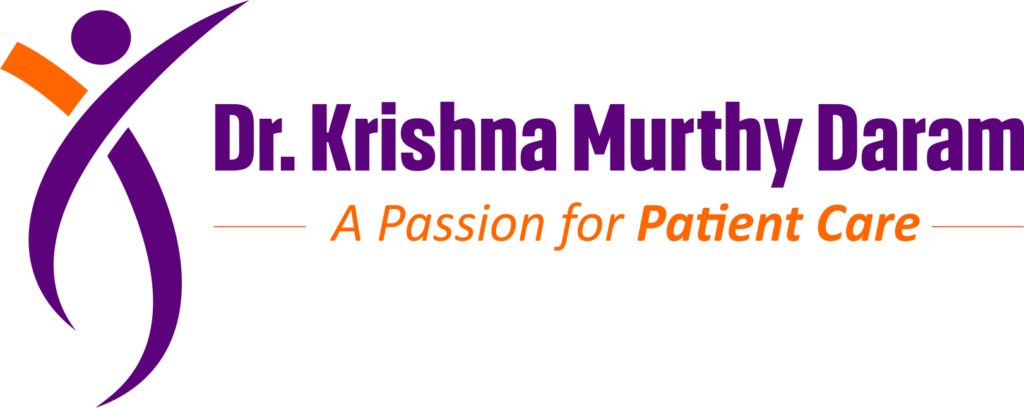Self-medication refers to the practice of using medicines without proper consultation with a medical professional. It is a prevalent phenomenon, especially in developing countries, where people often rely on self-medication for treating minor ailments.
However, self-medication can have serious consequences and can be harmful to one’s health. In this blog post, we will discuss why you should avoid self-medicating and the dangers it poses.
Lack of Expertise
One of the main reasons why you should not self-medicate is the lack of expertise. A medical professional like Dr. Krishna Daram has years of training and experience in diagnosing and treating different illnesses.
They understand the pharmacology of different medicines and can prescribe the right dosage and duration of treatment. On the other hand, a layperson lacks the knowledge and expertise required to make informed decisions about medication. This can lead to an incorrect diagnosis, inappropriate treatment, and adverse side effects.
Risk of Overdose
Another danger of self-medication is the risk of overdose. Many medicines are available over the counter (OTC) and can be easily purchased without a prescription. However, these medicines can have serious side effects if not taken in the right dosage or for the right duration.
Overdose of certain medications can cause organ damage, coma, or even death. Therefore, it is essential to consult a medical professional before taking any medication.

Masking Symptoms
Self-medication can also mask the symptoms of underlying medical conditions. For example, taking painkillers for a headache may provide temporary relief, but it may also mask the symptoms of a more severe medical condition such as a brain tumor.
Similarly, taking antacids for heartburn may provide relief, but it may also mask the symptoms of stomach cancer. Therefore, it is crucial to seek medical advice if you experience persistent or worsening symptoms.
Drug Interactions
Self-medication can also lead to drug interactions. Many people take multiple medications for different medical conditions. However, certain medications can interact with each other, leading to adverse side effects. For example, taking aspirin and blood thinners together can increase the risk of bleeding.
Similarly, taking certain medications with alcohol can lead to liver damage. Therefore, it is essential to consult a medical professional before taking any new medication, especially if you are already taking other medications.
Wrong Diagnosis
Self-medication can also lead to the wrong diagnosis. Many medical conditions have similar symptoms, and it can be challenging to differentiate between them. A wrong diagnosis can lead to inappropriate treatment, which can be ineffective or even harmful. Therefore, it is essential to seek medical advice if you experience persistent or worsening symptoms.
In conclusion, self-medication is a dangerous practice that can have serious consequences. It is essential to seek medical advice before taking any medication, even if it is available over the counter.
A medical professional like Dr. Krishna Daram can provide the right diagnosis, prescribe the right dosage and duration of treatment, and monitor for any adverse side effects. Therefore, if you experience any symptoms, it is essential to consult us and avoid self-medicating.

